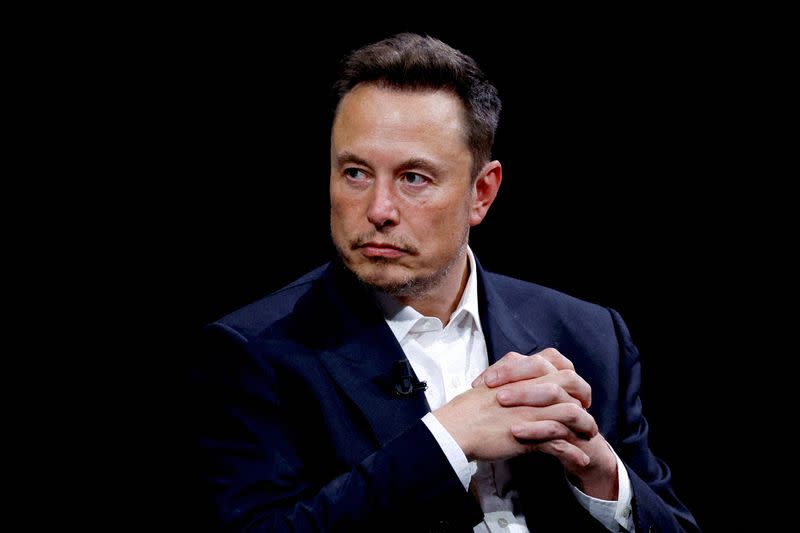Tesla paid no federal income taxes while paying executives $2.5 billion over five years
Spoiler: The company actually received $1 million in refunds.

In case you need another reason to shout "tax the rich" from the rooftops, it's here, and it's going to make you angry. A study found that 35 major US companies paid their top five executives more than they paid in federal income taxes between 2018 and 2022, the Guardian reports. The findings, which come from The Institute for Policy Studies and Americans for Tax Fairness, are even less shocking when you learn the worst offender: Tesla.
Elon Musk's company earned $4.4 billion during those five years and gave its executives $2.5 billion. Despite that, Tesla not only didn't pay any federal taxes, but it received $1 million in refunds from the government. Musk himself is the second richest person in the world, with Forbes reporting he had a net worth of $207.9 billion at the start of March.
Tesla is one of 35 companies that paid less federal income tax than they paid their top five executives during that period. In total, the well-deserving and not-at-all greedy execs of these companies raked in $9.5 billion over these years, while cumulatively those same companies received $1.8 billion back from the government. Eighteen of these businesses reported net profits over the five years but didn't pay a cent of federal income tax. (All but one got refunds).
The study lists other notable companies like T-Mobile, Netflix, Ford Motor alongside Tesla. T-Mobile made $17.9 billion, paid executives $675 million and received $80 million in refunds. The mobile provider has spent an incredible amount of money on lobbying Congress for tax breaks, spending $9 million in 2022 alone. Netflix actually did pay some taxes, but the $236 million was just 1.6 percent of its $15.1 billion in earnings — and just over a third of what it paid those top five executives. The statutory rate for federal income tax is 21 percent, so yeah, feel free to scream.
Update, March 14 2024, 6:23AM ET: An earlier version of this report cited Match Group, which was cited in a separate report on corporate taxation.

